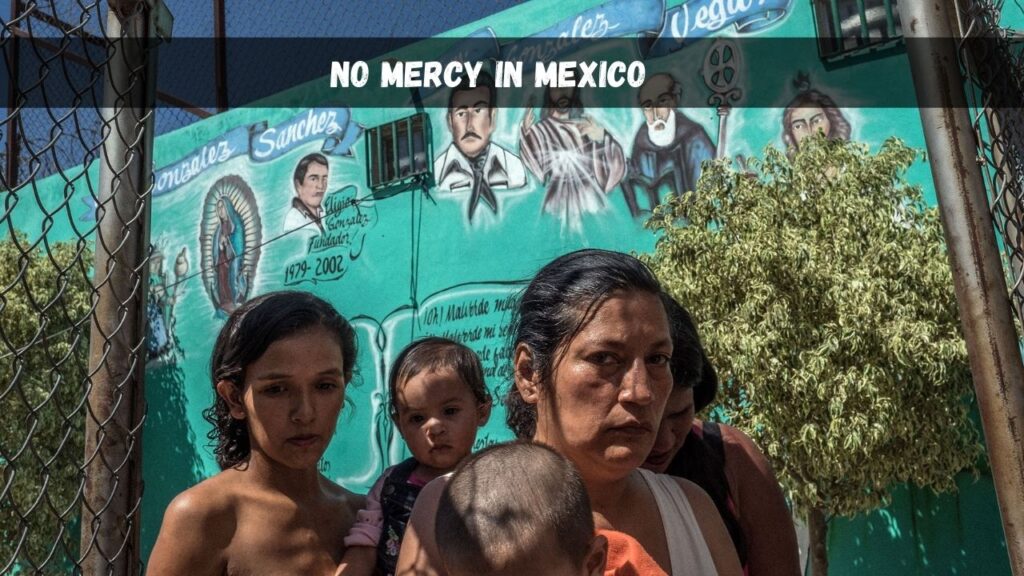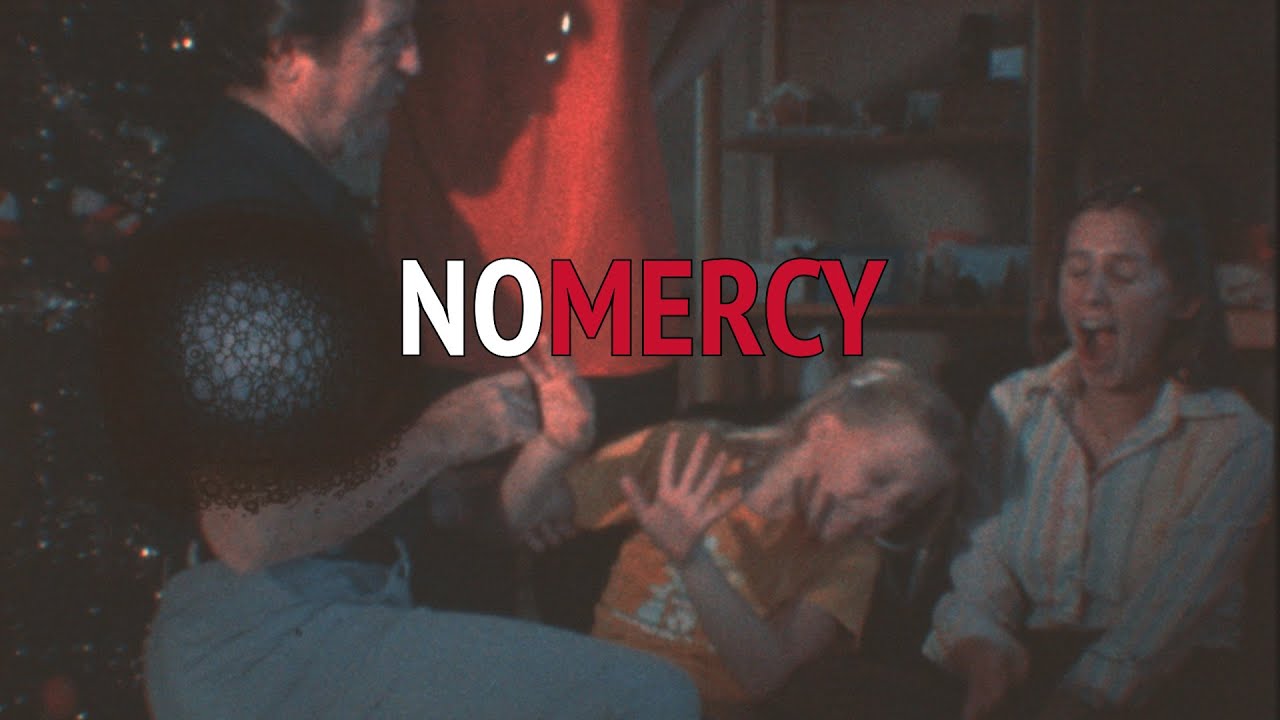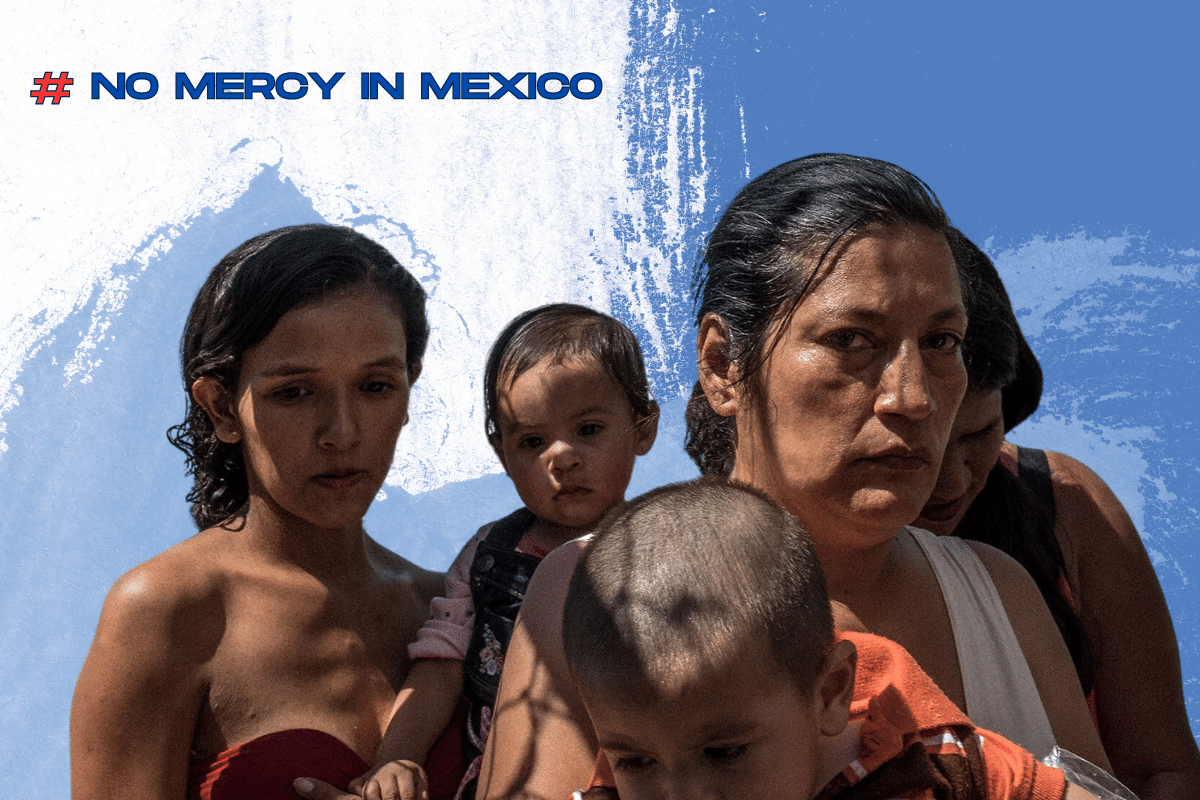Unyielding Realities in Mexico is a phrase that has become increasingly prominent in recent years, reflecting the harsh and brutal realities embedded within certain facets of Mexican society. This article aims to delve into the origins of this phrase, its implications, and the broader context of violence in Mexico. By examining the social, political, and economic factors contributing to this phenomenon, we seek to offer a thorough understanding of why "No Mercy in Mexico" resonates so profoundly both within the country and internationally.
The pervasive presence of violence in Mexico can be attributed to a myriad of factors, including drug trafficking, systemic corruption, and ineffective law enforcement. To fully grasp the gravity of the situation, it is crucial to explore the historical and cultural underpinnings that have molded this narrative. By analyzing the intricate interplay of these elements, we can better appreciate the ongoing struggles faced by many Mexicans and the broader global implications of this crisis.
In this article, we will explore various dimensions of the topic, such as a historical overview, the role of drug cartels, human rights concerns, and the broader societal impact. Our objective is to provide readers with a well-rounded perspective on the issue, emphasizing both the challenges and the resilience demonstrated by those affected by this violence.
Read also:Understanding The T33n Leak A Comprehensive Guide To Safeguarding Your Data
Contents
- 1. Historical Perspective on Violence in Mexico
- 2. The Impact of Drug Cartels
- 3. Human Rights Issues
- 4. Societal Effects of Violence
- 5. Government Efforts to Combat Violence
- 6. Global Repercussions of Violence
- 7. Resilience and Hope in Mexico
- 8. Final Thoughts
1. Historical Perspective on Violence in Mexico
Unraveling the origins of violence in Mexico necessitates a historical lens. From the era of colonization to the present, a range of factors have contributed to the current state of affairs. The Mexican Revolution (1910-1920) was a transformative event that reshaped the nation’s political landscape, yet it also set the stage for enduring conflicts.
In the latter half of the 20th century, Mexico grappled with significant political corruption and economic instability. The rise of drug trafficking organizations during this period further exacerbated violence, as these groups competed fiercely for control over lucrative drug routes. Current statistics reveal that Mexico has one of the highest murder rates globally, with thousands of lives lost annually due to gang-related violence. Understanding this historical backdrop is essential for comprehending the complexities surrounding the phrase "No Mercy in Mexico."
2. The Impact of Drug Cartels
Drug cartels play a central role in the narrative of violence in Mexico. These formidable organizations have evolved into highly sophisticated enterprises with both national and international reach. Engaged in the production, trafficking, and distribution of illegal drugs, they are embroiled in intense rivalries and brutal confrontations.
Notable cartels include:
- Cartel de Sinaloa
- Los Zetas
- Jalisco New Generation Cartel (CJNG)
These cartels are responsible for countless atrocities, such as kidnappings, extortion, and murders. Their influence extends far beyond the drug trade, permeating various aspects of Mexican society and governance.
3. Human Rights Issues
The violence perpetuated by drug cartels carries significant human rights ramifications. Reports from organizations like Amnesty International and Human Rights Watch underscore the plight of victims ensnared in the crossfire.
Read also:Exploring The Life And Love Of Jack Doherty A Closer Look At His Relationship
Key human rights concerns include:
- Widespread disappearances of individuals, often tied to cartel activity.
- Extrajudicial killings and torture.
- Violations of freedom of expression, particularly targeting journalists covering drug-related violence.
These violations not only devastate individual lives but also erode the rule of law and democratic institutions in Mexico.
4. Societal Effects of Violence
The repercussions of violence in Mexico extend well beyond the immediate victims, affecting society in myriad ways:
- Fear and Psychological Trauma: Communities living in perpetual fear of violence endure profound psychological trauma.
- Economic Impact: Tourism and local businesses suffer due to safety concerns, further destabilizing the economy.
- Migration Crisis: Numerous individuals and families seek asylum in other countries, leading to a migration crisis.
These societal effects perpetuate a cycle of violence and instability, making it challenging to achieve lasting peace.
5. Government Efforts to Combat Violence
The Mexican government has implemented various strategies to address drug-related violence, yielding mixed results. For instance, the militarization of law enforcement has sometimes led to increased violence in certain areas.
Key government responses include:
- Deploying military forces to confront drug cartels.
- Implementing social programs targeting the root causes of violence.
- Strengthening international collaboration with countries like the United States.
While some initiatives show promise, much work remains to achieve enduring peace and security.
6. Global Repercussions of Violence
The violence in Mexico has far-reaching global implications, impacting neighboring countries and beyond. Transnational drug trafficking networks influence drug policies and law enforcement strategies worldwide.
Furthermore, the humanitarian crisis stemming from violence, including the influx of refugees, poses challenges for countries receiving migrants. Recognizing the interconnectedness of these issues is vital for crafting comprehensive solutions.
7. Resilience and Hope in Mexico
Despite the immense challenges, many Mexicans exhibit extraordinary resilience and hope. Grassroots organizations, community leaders, and activists work diligently to foster peace and social justice.
Efforts to rebuild communities and support victims of violence exemplify the indomitable human spirit. By nurturing a culture of resilience, Mexico can embark on a path toward healing and a brighter future.
8. Final Thoughts
In summary, the phrase "No Mercy in Mexico" encapsulates a multifaceted reality shaped by historical, social, and economic factors. The violence emanating from drug cartels has profound implications, affecting individuals and society as a whole. Nevertheless, amidst the darkness, there is hope and resilience.
As readers, it is imperative to stay informed and engaged with the realities faced by those in Mexico. Share this article, leave a comment, or explore additional resources to deepen your understanding of this critical issue.
Thank you for dedicating your time to explore this vital topic. We invite you to revisit for more articles shedding light on pressing issues impacting our world today.


